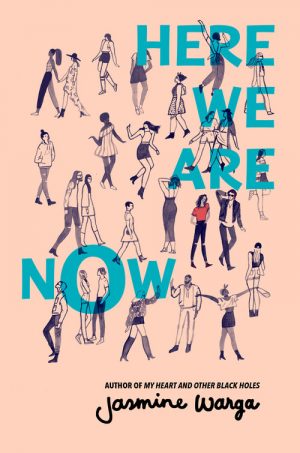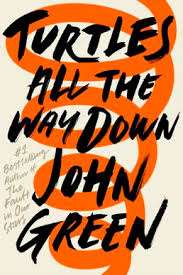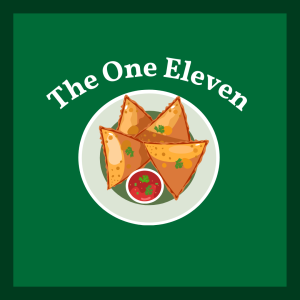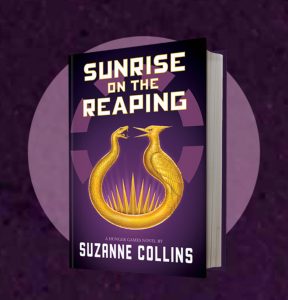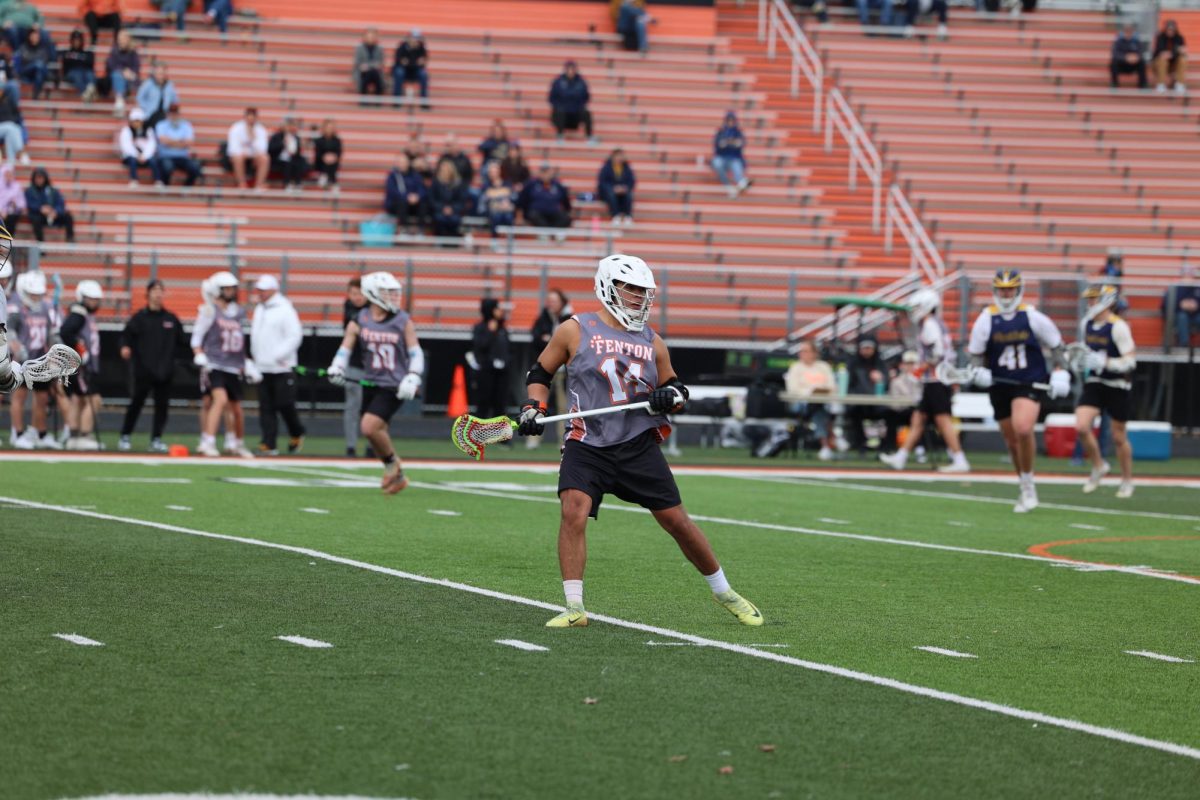Banned Books Week awareness is mentioned in literature classrooms
September 29, 2017
Libraries and schools across the country come together for one week at the end of September to celebrate books, more specifically banned books. Banned Books Week began in 1982 and for 35 years, it has been the celebration of banned books and the freedom to read them due to the First Amendment.
“Banned books week is created by the American Library Association and it is designed to spotlight the fact that there are people, organizations, schools or teachers that make attempts at censoring or removing books from classrooms or libraries,” English teacher Sarah Anderson said. “So it’s them spotlighting the ideas that go along with freedom of speech, that there should be a freedom to read and that not one person should make a blanket decision for an entire community, or entire classroom, or an entire district, as to what can and cannot be read.”
Besides celebrating books that have been banned from libraries and schools, Banned Books Week celebrates books that have been challenged. While the week celebrates both, there is difference between the two. A challenged book is any books that someone has attempted to remove from a library or school, but banned books are only those who were successfully removed from its book shelf.
“It can be something as simple as a parent seeing a book on a reading list,” Anderson said. “Or if there is a book in a teacher’s classroom and they might say something like: ‘I want that book off the list’ or they might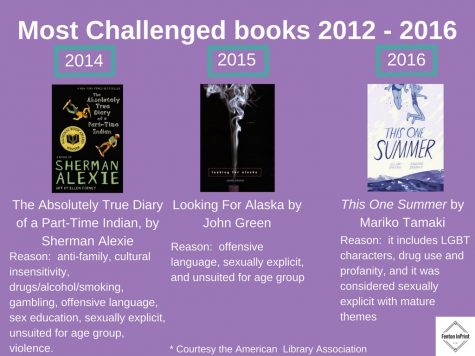 go over the teacher’s head and go to administration or the school board. A patron of a library might do the same thing by saying that it’s not suitable to be there.”
go over the teacher’s head and go to administration or the school board. A patron of a library might do the same thing by saying that it’s not suitable to be there.”
All kinds of books have been challenged, including many classics that are parts of school curriculums, such as To Kill a MockingBird by Harper Lee, and Of Mice and Men, by John Steinbeck. However many other novels such as The Perks of Being a Wallflower, by Stephen Chbosky, Looking for Alaska, by John Green and Harry Potter by J.K. Rowling have been as well. All challenged for a variety of reasons, and when it comes to reading these books many who celebrate the week believe in self censorship.
“Usually is has to do with language, drug use or sexuality, whether it’s homosexuality or just sexaulity in general, or just things that people think are inappropriate,” Anderson said. “It’s good for people to self censor and for a student decide on his or her own whether a book is worthy of continuing to read or not, and if its not then put it down and read something different.”
Teachers and student alike celebrate banned books and what the ALA does in support of them, during Banned Books week and any other time they can.
“It makes us thankful that we have the freedom and access to these books that many others do not,” senior Lindsey Smith said. “I normally have some book that I’m reading and the vast majority of books I read are banned books anyway. I do appreciate Banned Books Week though, it makes me consider how fortunate I am to have access to these books.”


